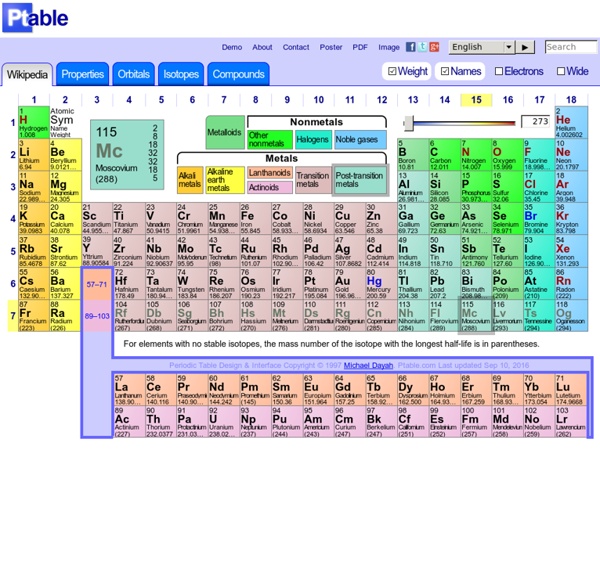



21 Free Design Tools for Marketers on a Budget They say you shouldn't judge a book by its cover, but let's be honest ... a pretty cover doesn’t hurt when it comes to your marketing. That’s why -- whether you're creating lead generation content, social media content, calls-to-action, or infographics -- your marketing materials should always be as visually appealing as possible. Problem is, actually creating all these beautiful visuals isn't exactly every marketer's forte. About The third is community. We believe learning should be as rich and varied as the world you're learning about. So with our community we're building a kind of multimedia wonderland of learning, where videos, audio, usage, mnemonics, etymologies and much more bring your learning to life. We believe that every learner is partly a teacher, and we hope that once you get started, you'll soon be supplying little nuggets of wit and wisdom to help the rest of the community as they learn! Anyone can learn anything We believe that learning’s quite simple, and that there’s nothing that can’t be learned with the right help and enthusiasm.
20 Essential Apps And Websites For Digital Nomads Living a life of perpetual travel is pretty exciting – new destinations, new cultures and new incredible people to meet and hang out with! However, working on the road can get pretty hectic at times. As a digital nomad I have found myself in rather awkward situations a lot – from missed deadlines due to incorrect time zone conversion to a nearly missed plane when I forgot to print out my booking and confused the time (I did catch that plane though!). Being your own boss is equally awesome and hellish. Juggling numerous tasks at once and getting things done super-fast with a terrible wi-fi connection requirea killer organizational skills and zen-like concentration. Try using the next 20 websites and apps to make your life as a digital nomad easier, less stressful and even more exciting!
Take College And University Courses Online Completely Free In recent years massive open online courses (MOOCs) have become a trend in online education. The term was coined in 2008 by David Cormier, manager of web communications and innovations at the University of Prince Edward Island. The first MOOC was created the previous year, at Utah State University. 111 Low-Cost or Free Online Tools for Nonprofits The number of low-cost or free online resources and tools available to nonprofits today is astounding. Many nonprofit professionals are overwhelmed by the all choices and as mobile media continues to grow, prepare to be mind-boggled by all the new technology options that will be available to your nonprofit in coming years. That said, to be alerted of new low-cost or free resources and tools available for nonprofits, please subscribe to the Nonprofit Tech for Good 2.0 e-Newsletter [see right column]. A section of the e-newsletter entitled “Resource of the Week” features a new resource/tool in each edition.
Fisher's exact test of independence - Handbook of Biological Statistics Summary Use the Fisher's exact test of independence when you have two nominal variables and you want to see whether the proportions of one variable are different depending on the value of the other variable. Use it when the sample size is small. When to use it Use Fisher's exact test when you have two nominal variables. You want to know whether the proportions for one variable are different among values of the other variable. Everything We Know About Remote Work Remote work has been the norm at Buffer for many years now; we ditched our office in 2015 and have been hiring remote teammates since 2011. We now have over 85 teammates spread across 10 different time zones. Over the years, our team has experimented and learned tons about productivity, tools, collaborating, communicating, and disconnecting as they each relate to remote work. Here’s a full list of all of our resources on remote work. Comment below if you have a question and we haven’t written about it before!
Philosophy Philosophy is the study of general and fundamental problems concerning matters such as existence, knowledge, values, reason, mind, and language.[1][2] The Ancient Greek word philosophia was probably coined by Pythagoras[3] and literally means "love of wisdom".[4][5][6][7][8] In the 19th century, philosophy became more professionalized as it began to be studied and taught in modern research universities.[13][14] Contemporary academic philosophers subdivide research areas in various ways. For example, topical divisions include major branches such as epistemology, logic, metaphysics, ethics, aesthetics, and other specialized branches. Other ways of dividing include historical period (e.g., ancient and modern); thinker (e.g., Platonism, Confucianism, Kantianism); or philosophical tradition (e.g., analytic or Continental). Many of these recurring questions are still debated in philosophy and other fields today. Etymology
GRE Computer-delivered General Test Content and Structure (For Test Takers) The overall testing time for the computer-delivered GRE® General Test is about three hours and 45 minutes. There are six sections with a 10-minute break following the third section. Structure of the Computer-delivered Test The Analytical Writing section will always be first. The Verbal Reasoning, Quantitative Reasoning and unidentified/unscored sections may appear in any order; therefore, you should treat each section as if it counts toward your score. Test Design Features